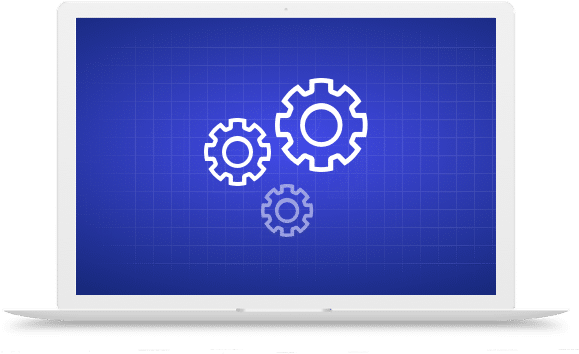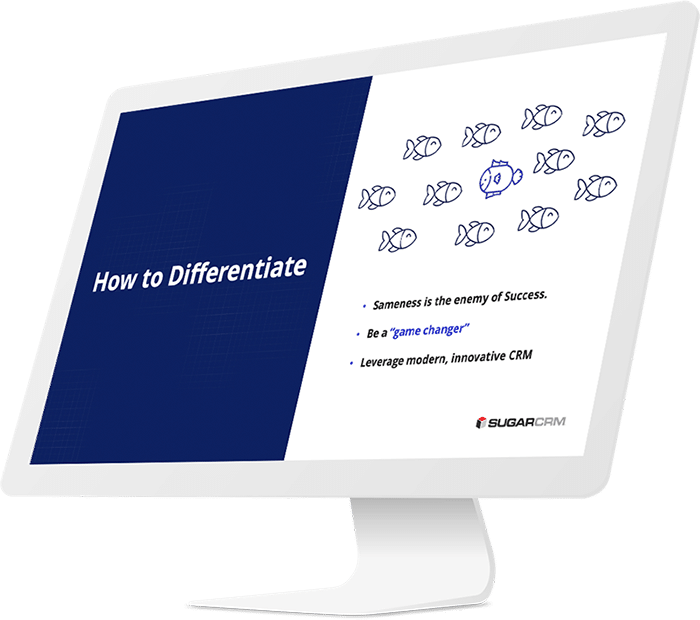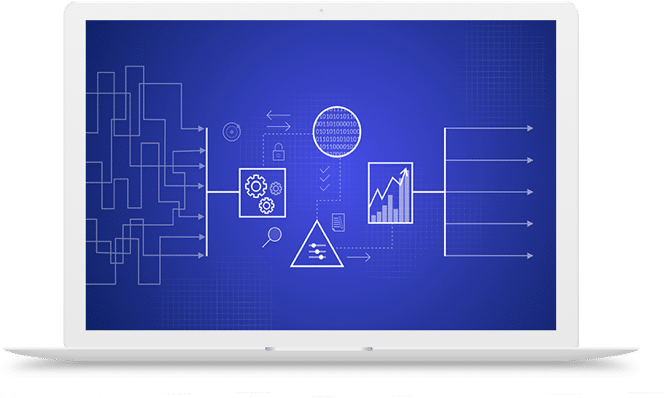
Why is CRM important?
Most businesses have to vie in hyper-competitive markets and maintain an exteremely high standard when it comes to Customer Experience (CX). Consistency and trust are a driving factor in how your customers will perceive your business and whether they’ll be likely to stay with you or move on.
Thankfully, with the advent of modern CRM technology, businesses are now able to differentiate from their competitors more than ever before. But you’ll need to have a robust CRM implementation strategy in place if you wish to achieve your unique business goals and meet customer demands. So, make sure you carefully select a CRM vendor you can trust and one that offers an ever-evolving and innovative platform. This will allow your business to achieve its aims now and long into the future. But we’ll discuss this more later on.
Webinar: A Blueprint for CRM Success
Learn how to evaluate vendors, decide on the right features and plan a smooth rollout. Watch an on-demand replay of the webinar below!

How should your business select a CRM vendor?
There are a few major factors to consider when your business starts to review potential CRM vendors. Firstly, project your vision for the future and determine whether or not a CRM vendor will be able to adequately scale with your business.
Secondly, examine the breadth of functionality your business will be able to utilize to achieve its current and future aims. Identifying a lack of or potential lack of functionality in a CRM at the selection stage is going to save your business a lot of bother in the long run.

Additionally, dive into the configuration and customization options available. Without simple configuration options on a CRM, your business won’t be able to differentiate from competitors and define its internal processes properly. For example, if the CRM is cloud based, you’ll find the process of configuration far simpler, upgraders are completed faster, and management is easier.
Lastly, look at more than just your vendor’s CRM technology. Does the vendor understand how CRM fits into the modern pace of business and are they adapting their technology to keep it innovative and up to date? It’s important that you have a CRM provider your business can trust and one that shares your vision in the future.
To summarize, what are the features that matter?
- Sales automation
- Lead management
- Case management and self-service
- Workflow automation
- Integration (application and data sources)
- Usability / UX
- Relationship intelligence
And, what should you look out for in a CRM Platform?
- Customization and extension platform
- Code base / source code access
- Application hosting
- Single or multi-tenant software
- Security and compliance
- Pricing / total cost of ownership (TOC)
- Vendor requirements